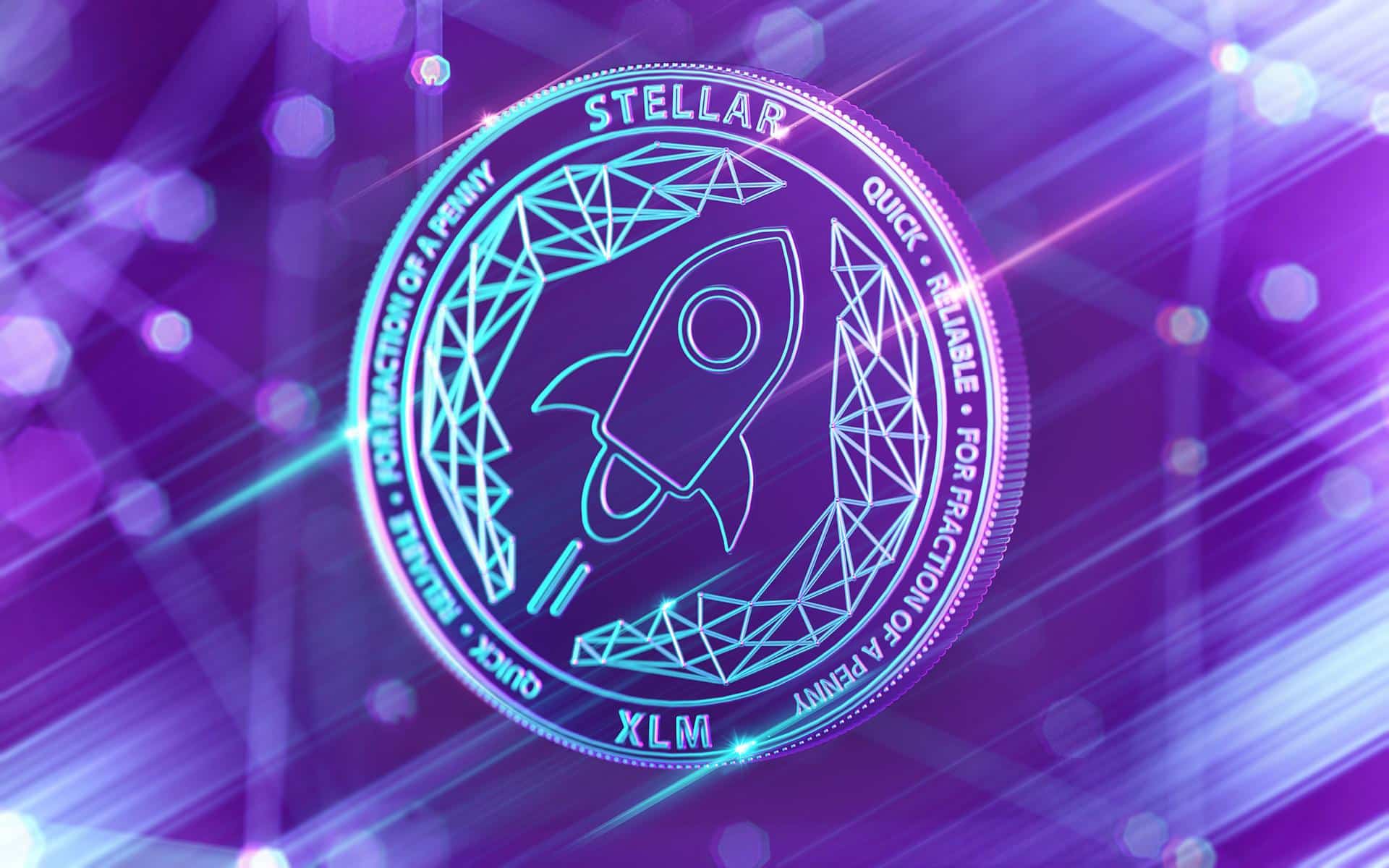- Blockchain technology closes gaps by providing secure and efficient access to financial services for all sectors.
- Challenges of balancing innovation and consumer protection outline the path to sustainable and effective financial inclusion.
In a recent report, the Stellar Development Foundation (SDF) takes us into the blockchain sector and its impact on financial inclusion. Imagine this as a master key to open the doors of the financial system to those who don’t yet have access.
It turns out that about 1.4 billion adults don’t even have a basic bank account. Yes, more than a billion! This translates into limited access to formal financial services, especially for those in economies with large informal sectors and persistent gender gaps.
Solutions on the Move

This is where the magic of blockchain comes in. The idea is to create solutions that are not only accessible, but also affordable. Reducing costs in international transactions is key, as fees for sending and receiving money across borders are still exorbitant.
Blockchain-based solutions present themselves as financial heroes. They provide secure and efficient access to financial tools, especially for those who do not have a bank account.
The result? Greater participation in formal financial services and smoother integration into the global financial scene. The blockchain not only reduces transaction costs, but also speeds access to funds. Imagine your loved ones receiving money in a matter of minutes instead of days.
Humanitarian Aid with Blockchain
But blockchain doesn’t stop there. It’s also making waves in humanitarian aid distribution. Transparency, traceability and portability of funds? Yes, please. Vulnerable groups can receive aid securely, with the freedom to spend those funds where they need them most.
The SDF report gives us a fascinating look into the financial future. The blockchain is not only paving the way for those excluded from the system, it is also transforming the way we view and manage money globally.
Financial Transformation through Digital Inclusion and Blockchain

Addressing the Global Financial Divide
In an in-depth analysis by the Stellar Development Foundation (SDF), it is revealed that financial inclusion is positioned as an essential driver of social empowerment, economic growth and sustainable development on the global stage. However, despite technological advances, we still face the reality that approximately 1.4 billion adults lack a basic bank account, underscoring the critical need to address this persistent gap.
The First Step: Account Ownership
The report highlights that account ownership in financial institutions is the first step toward financial inclusion. Accessing formal financial services provides security and privacy, reducing costs for beneficiaries. However, the report stresses that true inclusion requires not only access to, but also regular use of a variety of financial products and services.
Blockchain as a Catalyst
Digital technology, especially blockchain, emerges as a catalyst for closing the financial inclusiongap. Blockchain-based solutions offer secure, cost-effective and efficient accessibility to financial tools, especially for those without a bank account. Cases such as the 92% reduction in costs for teachers in Liberia by receiving salaries as digital deposits highlight the effectiveness of blockchain technology.
Challenges in Business Informality
The report highlights the challenges of Micro, Small and Medium Enterprises (MSMEs), where 80% are informal. MSMEs in the informal sector face barriers to access formal financial services. The blockchain is presented as a crucial tool to overcome these obstacles, providing an avenue for these businesses to integrate more fully into the formal economy.
Cross-Border Payments and Humanitarian Aid
Affordable payment solutions are essential to integrate the unbanked into the formal economy. Blockchain technology excels in reducing costs and efficiency in cross-border payments, as well as in the transparent distribution of humanitarian aid funds, offering traceability and efficiency in crisis management.
Balancing Innovation and Consumer Protection
Despite the benefits, the report recognizes the need to balance innovation with consumer protection and privacy. It highlights the importance of collaboration between industry and regulators to develop guiding principles that address security and privacy challenges without hindering innovation.






















